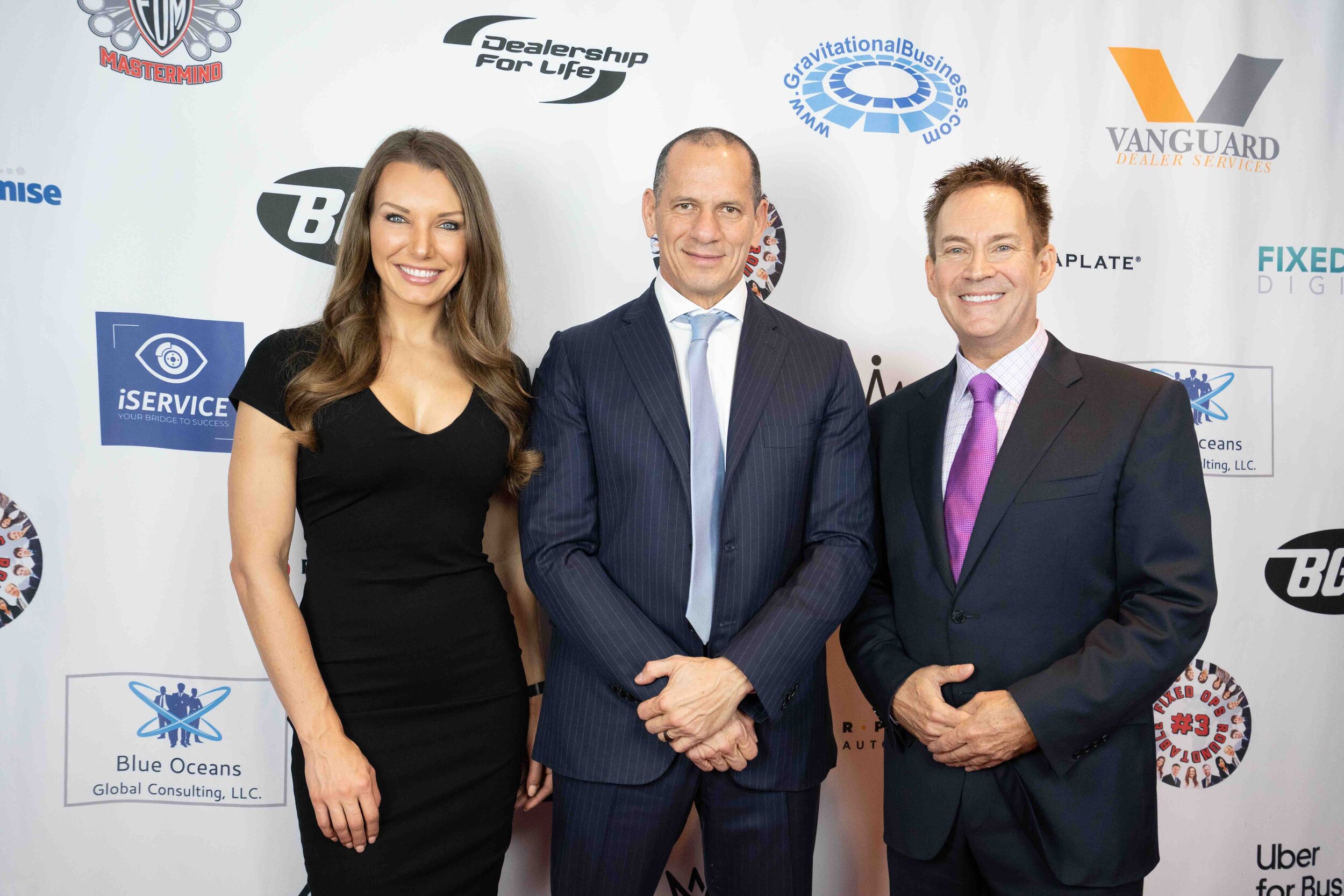Are You Faced with a Barrage of Continuous Comebacks? Do Something About it by Implementing These Strategies
By Ted Ings, Executive Director
Mistakes are part of human nature, so there will always be an occasional car that doesn’t get fixed right.
But when improper repairs happen on a regular basis – that’s a problem. The good news is, even though comebacks are a major headache, they can be dealt with.
Stop comebacks from becoming the norm
Inadequate repairs can ruin customer satisfaction and devastate sales. In certain situations, shoddy work can even create a liability. Fortunately, there are ways to address the issue. The following suggestions will help you prevent comebacks and boost productivity.
1. Find the common theme
Is it one technician that’s failing to diagnose and repair vehicles, or is there a service advisor incorrectly writing work orders? Look for a trend – there’s an excellent chance you have a common denominator. When the weak link is found, speak with that individual and work with them to solve the problem.
2. Verify every repair
Especially while you’re getting complaints, have every repair verified by a shop foreman, or do it yourself. Prevent an incorrectly repaired car from going back to its owner where it can cause dissatisfaction – and possibly, a safety concern.
3. Double check ALL ‘No Fault Found’ repair orders
Sure, there are occasions when an intermittent concern can’t be verified, or an owner confuses a regular vehicle characteristic for a problem. But genuine ‘no fault’ repair orders are few and far between. Most customers don’t bring their cars in for no reason. If your technician can’t find the problem, call the customer for clarification so you can do your best to find it before the car goes back.
4. Emphasize quality over quantity
The flat-rate pay scale can breed all kinds of problems as technicians hurry to make more money. It’s important to remind employees that quality is paramount, even with a flat-rate system. Plus, rushing work can hurt a tech’s pocketbook. After all, if a comeback has to be repaired a second time free of charge, both time and money are lost. That’s why fixing the car right the first time is both the most ethical and most lucrative approach.
5. Adjust the workload
Sometimes technicians with too much work rush through jobs and make careless mistakes. If this is the case at your shop, help your workers out by making some changes. Tweaks include scheduling and planning better, being realistic about waiters (i.e., not taking every one) and hiring more help. Even if you can’t find more techs to bring onboard, you can get shop assistants and other entry-level employees to help out.
6. Provide more training
Is it possible your team is making mistakes because they don’t know what they’re doing? In some instances, lack of knowledge can be addressed with more training.
WHO NEEDS TRAINING AT YOUR DEALERSHIP?
For example, if one of your techs constantly misdiagnoses electrical problems, perhaps he or she needs training on how to read a wiring diagram.
Book a Complimentary "Ask the Expert" Discovery Call with Ted Ings
Exclusively for Dealers, Executive Managers and OEM/Lenders/Suppliers
7. Implement a mentor system
A new tech who continually makes mistakes may not be ready to fly solo. Address the concern by assigning that individual a mentor who can watch over them and provide advice.
8. Provide the latest shop tools and equipment
Modern tools make diagnosis and repair easier and more efficient than ever before. Provide the latest shop equipment to ensure your techs have what they need to get every job done right. For example, if you keep getting comeback diagnostic work, it may be time to invest in a new scope or updated scan tool.
9. Give praise where due
Let a technician know when they do a bang-up job. Giving kudos is one way to prompt employees to do better work. You may even want to set up a reward system that honors techs who have minimal comebacks.
10. Get tough
Some technicians don’t have the skills to perform quality work. Sadly, others just don’t care enough to do the job right. In the case of the latter, you may need to get tough. First, talk to the employee, express your concern and layout expectations.
WHO IS TED INGS?
If, after that, nothing changes, you’ll need to turn things up a notch. Move on to consequences such as a written warning or unpaid time off. If none of that works, it may be time to consider letting the individual go before someone gets hurt.
Be persistent in your quest for proper repair
Fixed First Visit is an important factor on the CSI survey, and even more critical to customer loyalty. Don’t just give up and accept low-quality workmanship. Take every customer’s concern about incomplete repairs to heart and do something about it.

















